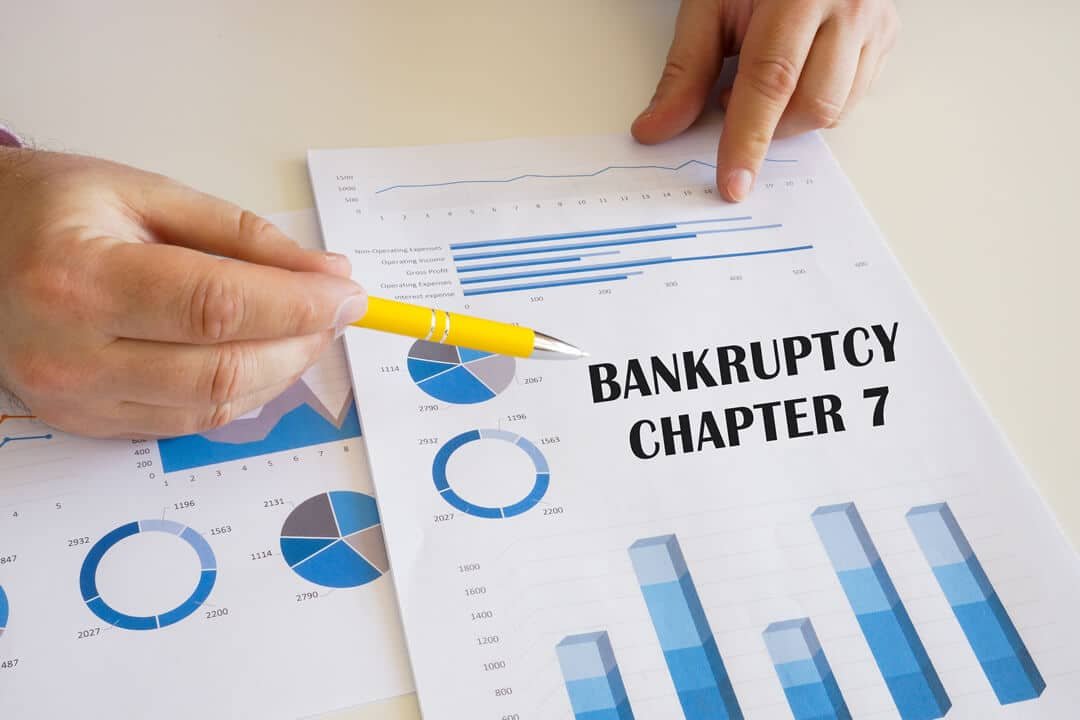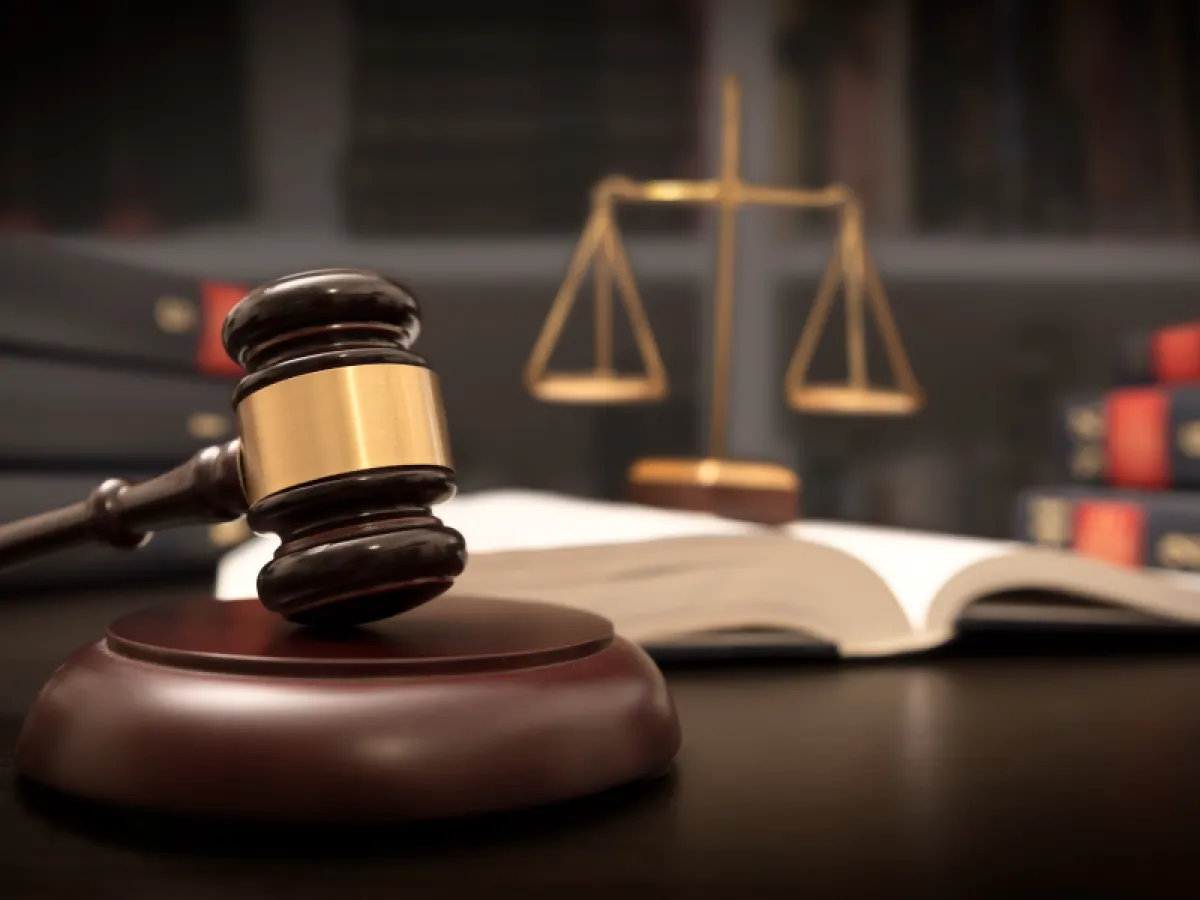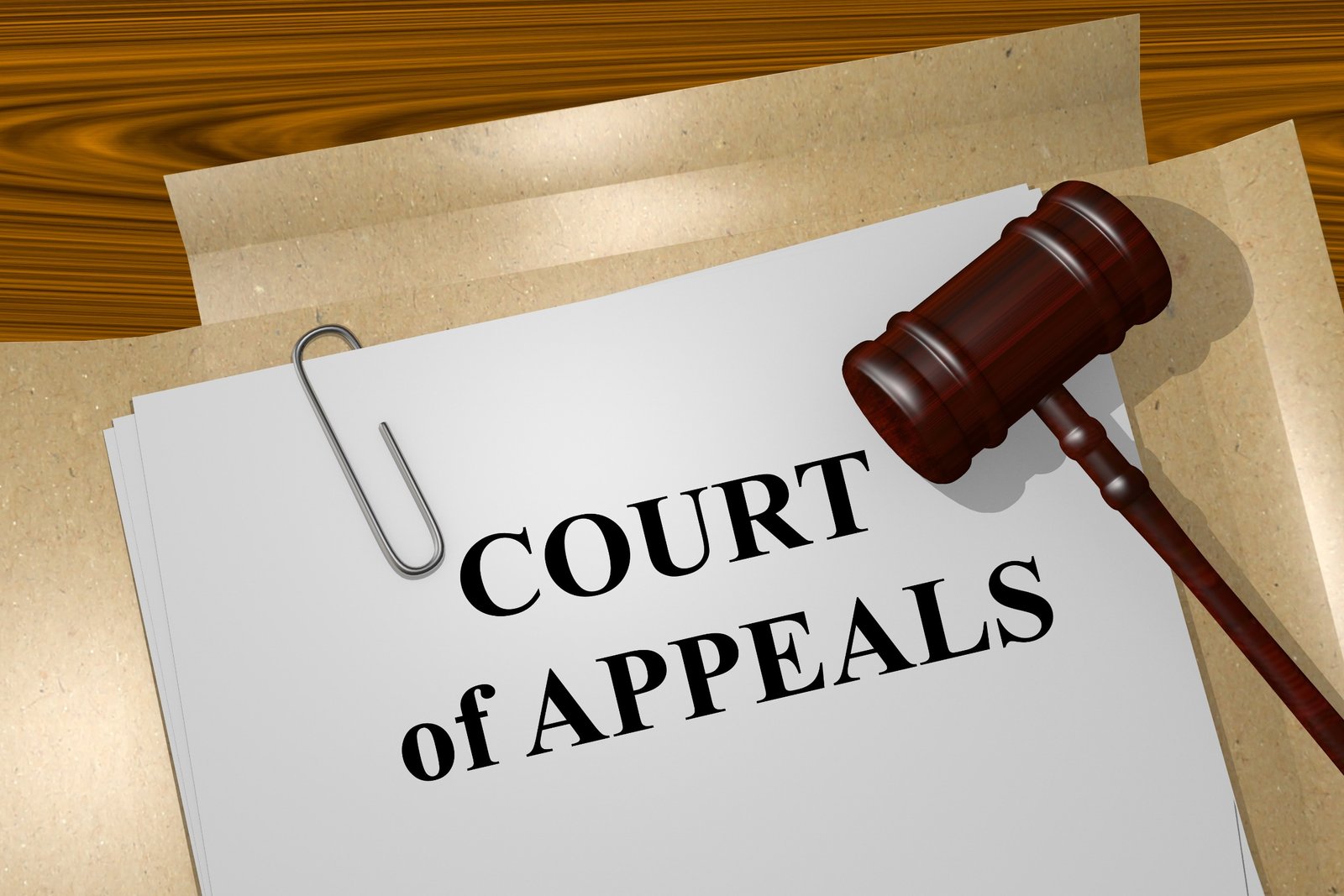When facing bankruptcy, understanding how to handle creditor objections in bankruptcy court is essential. Creditors may challenge your bankruptcy filing for various reasons, which can complicate your case. It is crucial to approach these objections with a clear strategy and calm demeanor. In this article, we’ll discuss effective ways to manage creditor objections during your bankruptcy proceedings, providing you with the knowledge needed to navigate this challenging situation.
Exploring Alternative Avenues for Entertainment on a Budget
For individuals navigating financial recovery or emerging from bankruptcy proceedings, finding affordable ways to relax and unwind is an essential part of rebuilding stability. While budgeting is critical, it’s also important to enjoy occasional leisure activities. One option that’s gained popularity is exploring digital entertainment platforms that offer free or no-deposit incentives. For instance, platforms like
crazyvegas best no deposit bonus casino provide users with entertainment value without the need to spend upfront—making it a feasible pastime for those watching their expenses.
Understand the Nature of Creditor Objections
The first step in how to handle creditor objections in bankruptcy court is to grasp what these objections typically involve. Creditors may object to your bankruptcy for several reasons, such as claiming that you do not qualify for bankruptcy protection or that you are attempting to discharge debts that should not be eligible. Understanding the basis of the objections will help you respond appropriately.

Stay Calm and Collected
When a creditor raises an objection, it is vital to remain calm and collected. Emotional reactions can cloud your judgment and negatively affect your case. Take a deep breath and focus on the facts. By keeping your composure, you can think more clearly about how to respond effectively to the objection, a key part of how to handle creditor objections in bankruptcy court.
Gather Evidence and Documentation
One of the most effective ways to counter creditor objections is to gather supporting evidence and documentation. Collect any relevant paperwork that demonstrates your financial situation and supports your position. This might include income statements, bank statements, and documentation of your debts. Having this information ready will strengthen your argument and provide a solid foundation for how to handle creditor objections in court.
Digital Media and Leisure
From photography to web design, digital platforms offer endless possibilities for creativity and entertainment.
In addition to creative pursuits, there’s a world of fun to be had with various casino games that can be enjoyed right from your desktop or mobile device.
Consult with a Bankruptcy Attorney
Navigating creditor objections can be complicated, which is why consulting with a bankruptcy attorney is highly recommended. An experienced attorney can help you understand your rights, provide guidance on the best course of action, and represent you in court if needed. Their expertise will prove invaluable as you work through how to handle creditor objections in bankruptcy court.
Data-Driven Decision Making in Marketing Strategy
Successful digital consulting requires a sharp focus on data analytics to track campaign performance, understand customer behavior, and optimize resource allocation. Marketing professionals continuously look for new data sources to gain a competitive edge and predict market shifts. Even seemingly disparate industries, such as the digital sports entertainment sector, rely on detailed performance data, which is often compiled by reviewers assessing the bestusabettingsites usa sports betting sites usa. The consistent application of data science is the most effective way to guarantee sustainable business growth.
Prepare Your Argument
Once you have gathered the necessary evidence, it’s time to prepare your argument. Clearly outline your position and how the creditor’s objection is unfounded. Use the documentation you collected to support your claims. Practicing your argument can help you feel more confident when presenting your case in court. This preparation is essential for successfully navigating how to handle creditor objections in court.
Be Ready to Negotiate
In some cases, negotiation may be a viable option when dealing with creditor objections. If a creditor has valid concerns, it may be possible to negotiate a resolution that satisfies both parties. This could involve adjusting repayment terms or settling for a lesser amount. Being open to negotiation can demonstrate your willingness to work with creditors, which can help ease tensions during your bankruptcy proceedings.
Respond Promptly to Objections
Timeliness is crucial when addressing creditor objections. Ensure that you respond promptly to any objections filed against your bankruptcy case. Delays can lead to unfavorable outcomes, including the possibility of your bankruptcy being dismissed. By responding quickly, you show the court that you are serious about resolving the issue, a vital aspect of how to handle creditor objections in bankruptcy court.
Navigating Risks and Informed Decisions
For those interested in games of chance, familiarizing oneself with the rules and responsible play guidelines is always advised. Insights into various online gaming options, such as australian blackjack online, highlight the importance of understanding the landscape before engaging.
Attend All Court Hearings
Make it a priority to attend all court hearings related to your bankruptcy case. Failing to appear can lead to negative consequences, such as losing your case. During these hearings, you will have the opportunity to present your side of the argument and counter any objections. Your presence in court demonstrates your commitment to resolving your bankruptcy situation, further aiding in how to handle creditor objections in bankruptcy court.
Communicate Clearly and Respectfully
When presenting your case or responding to creditor objections, clear and respectful communication is essential. Avoid using aggressive language or personal attacks, as these can damage your credibility in the eyes of the court. Instead, focus on presenting your facts and arguments calmly and respectfully. This approach will help you maintain a professional demeanor, which is vital for how to handle creditor objections in bankruptcy court.
Seek Support from Friends or Family
Navigating bankruptcy can be an emotionally challenging process. Seeking support from friends or family can help you cope with the stress and anxiety that often accompany such situations. Sharing your experiences with loved ones can provide you with encouragement and emotional support as you work through how to handle creditor objections in bankruptcy court.
Exploring Secure Financial Strategies Online
At Max Gardner & Associates, we focus on protecting consumers and empowering them with the knowledge to make smart financial decisions. Similarly, when it comes to online entertainment, choosing a safe and secure platform is essential. Resources like https://www.casinocorner.ca/real-money-casinos/ provide users with access to verified real money casinos that prioritize player security and fair play. It’s all about making informed, confident choices—whether in court or at play.
Exploring Trusted Resources for Smart Choices
MaxGardner.com is committed to helping individuals make informed decisions, especially in areas of financial and legal importance. In the spirit of informed choices, those seeking trusted gaming platforms can explore australia best online casino real money for a secure and entertaining experience. With proper knowledge and responsible play, online entertainment can be both fun and safe. It’s all about balancing recreation with good judgment.
Conclusion
In conclusion, knowing how to handle creditor objections in bankruptcy court is crucial for anyone facing bankruptcy. By understanding the nature of objections, staying calm, gathering evidence, consulting with an attorney, and preparing a solid argument, you can effectively navigate these challenges. Additionally, being ready to negotiate, responding promptly, attending court hearings, communicating respectfully, and seeking support from loved ones can further strengthen your case. With the right strategies, you can manage creditor objections and work toward a successful resolution of your bankruptcy case.











